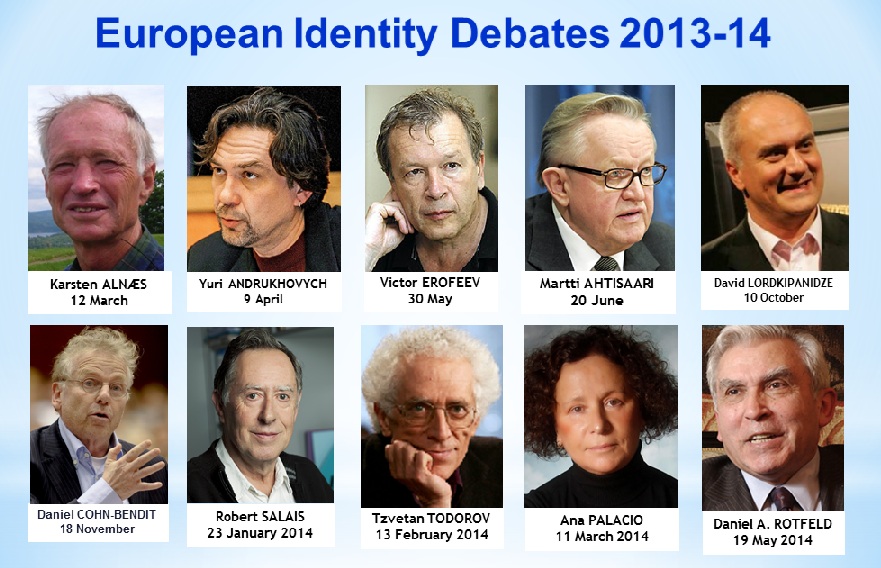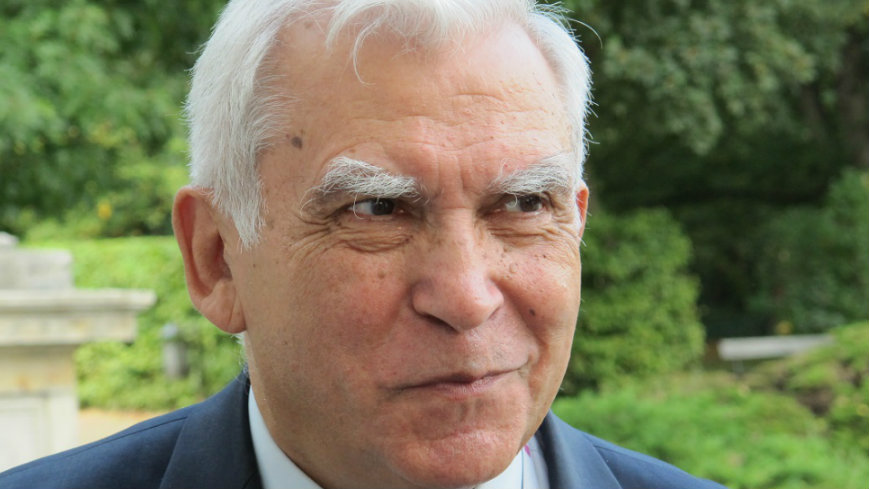In his presentation, Adam D. Rotfeld argued that history and common memory are understandable and natural requirements for search of national identities. Problems appear when history is treated selectively and national memory is decreed by politicians and the institutions they establish.
He highlighted that the difference between “historical memory” and “historical policy” is the same as between truth and half-truth, between seeking historical truth and attempts at its instrumentalization and exploitation for specific political goals by different groups, parties and state institutions.
Rotfeld devoted special attention to the process of reconciliation between the Poles and Germans and between the Poles and Russians. He underlined a different course for the dialogue and search for understanding, but pointed out that in both cases, however, a pivotal role has been played by the recognition of universal moral and ethical values and adoption of the principle that future-oriented dialogue should be based on truth about the past and adherence to certain common values.
For Rotfled the truth is not and cannot be subject to negotiations. Truth never hinders understanding or inflames mutual relations. The process of reconciliation will not be durable and effective if the full truth is not told—without reticence or deception.
In conlusion, Rotfeld argued that values vital to human dignity and freedom are of key importance in the politics of democratic states. It requires that we reassess our way of thinking about foreign policy and change our approach to the formulation of goals and the definition of means which may be used to attain them.
Audio recording (including discussion)
Biography of Adam D. Rotfeld
Video of presentation:




